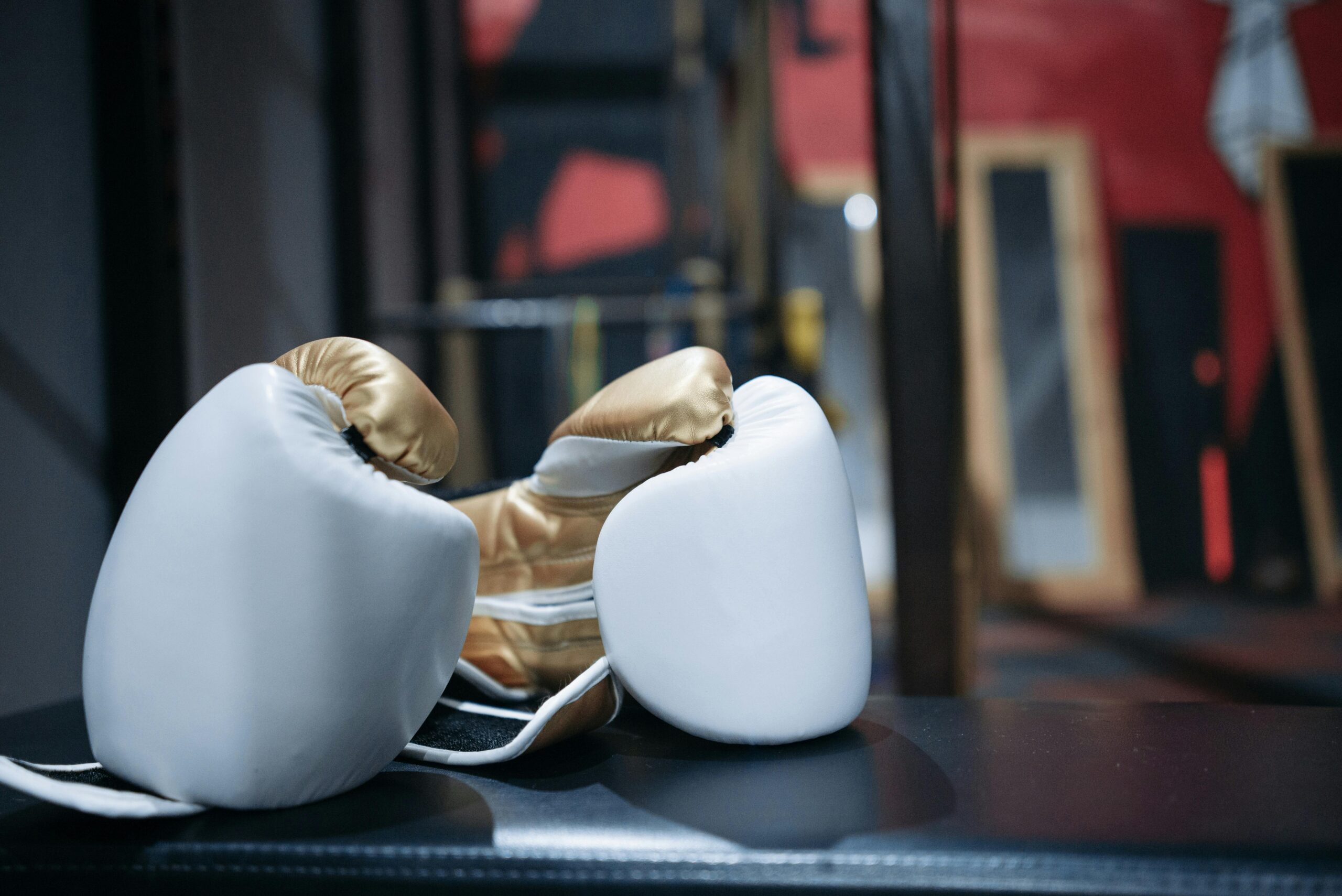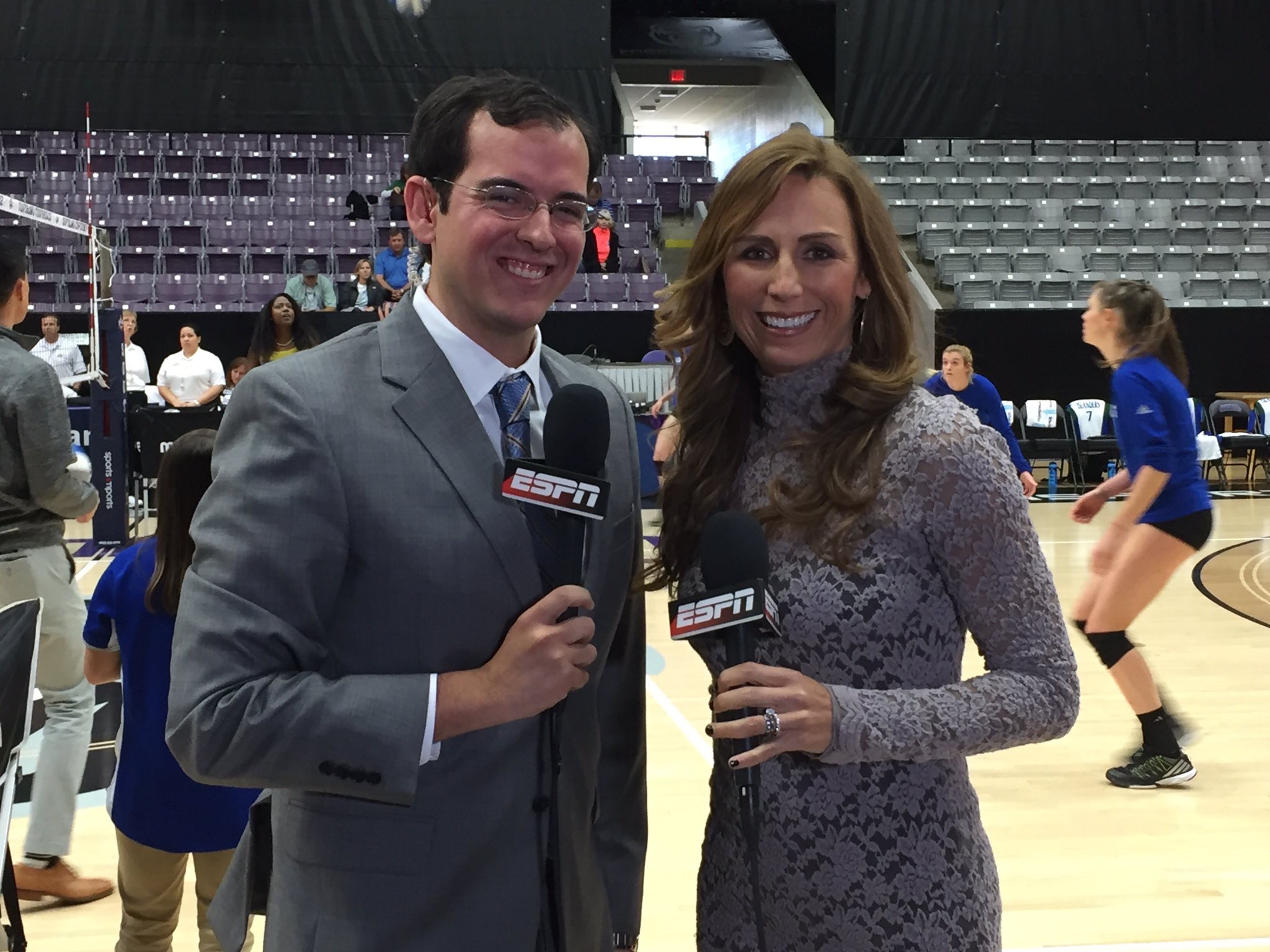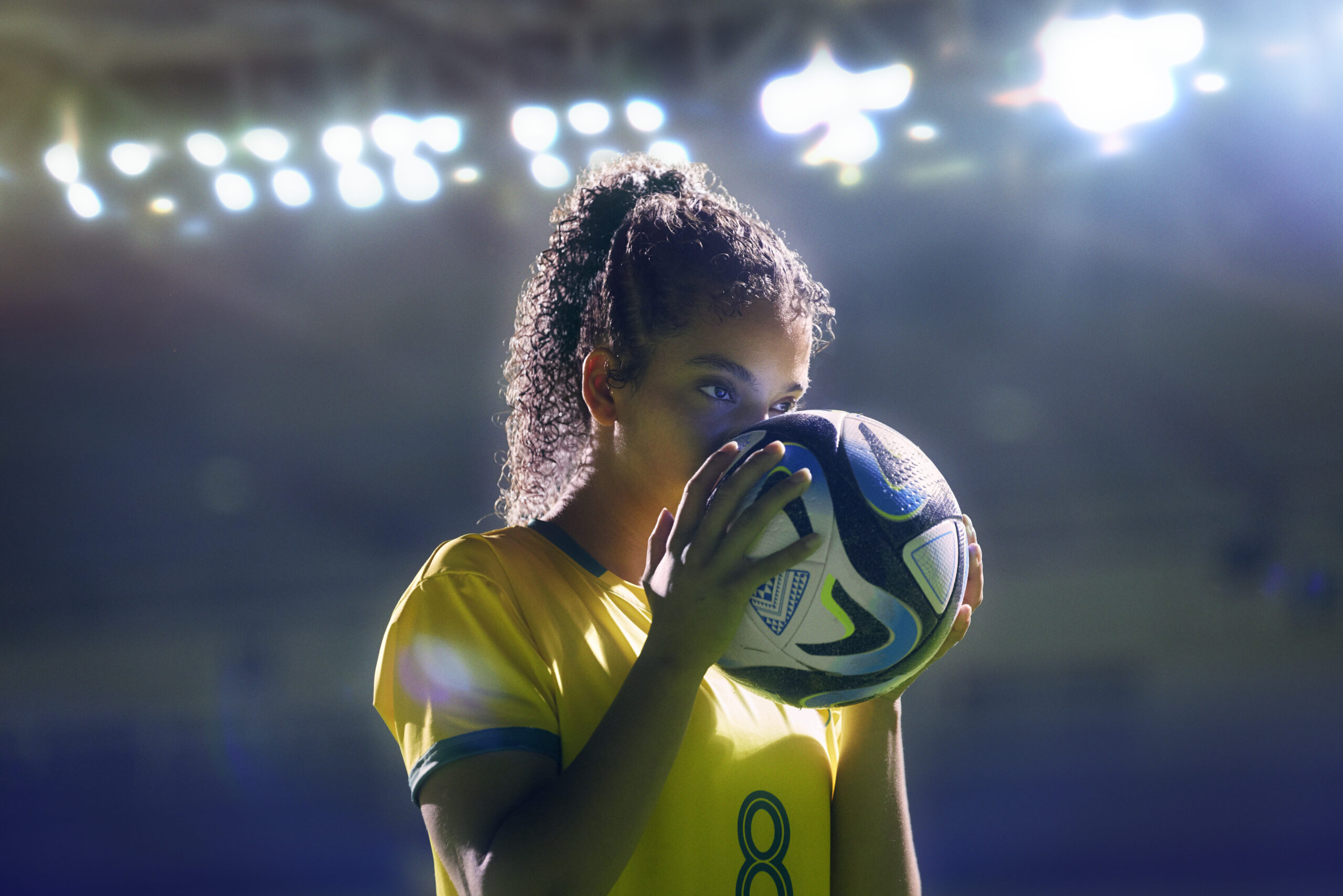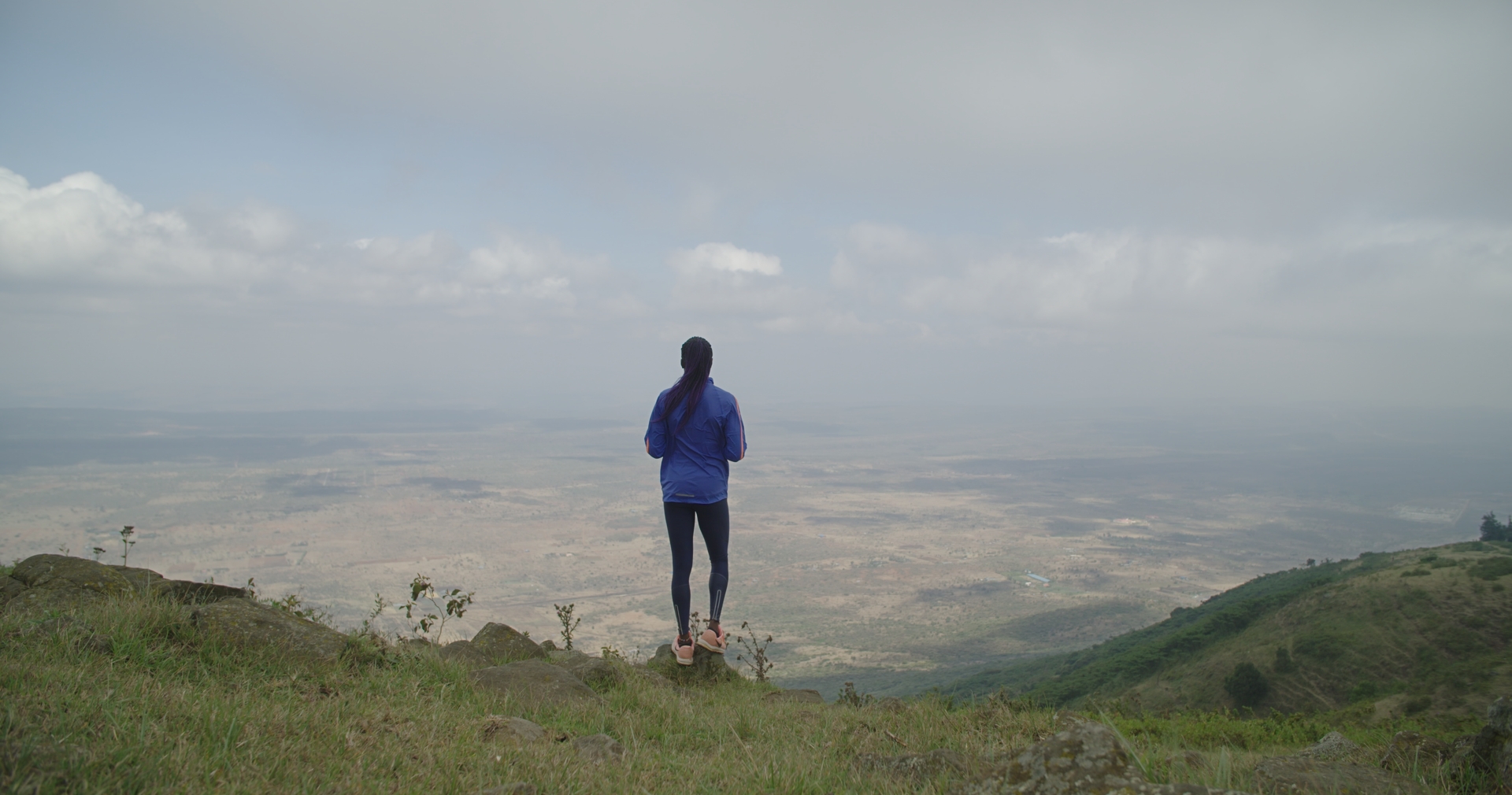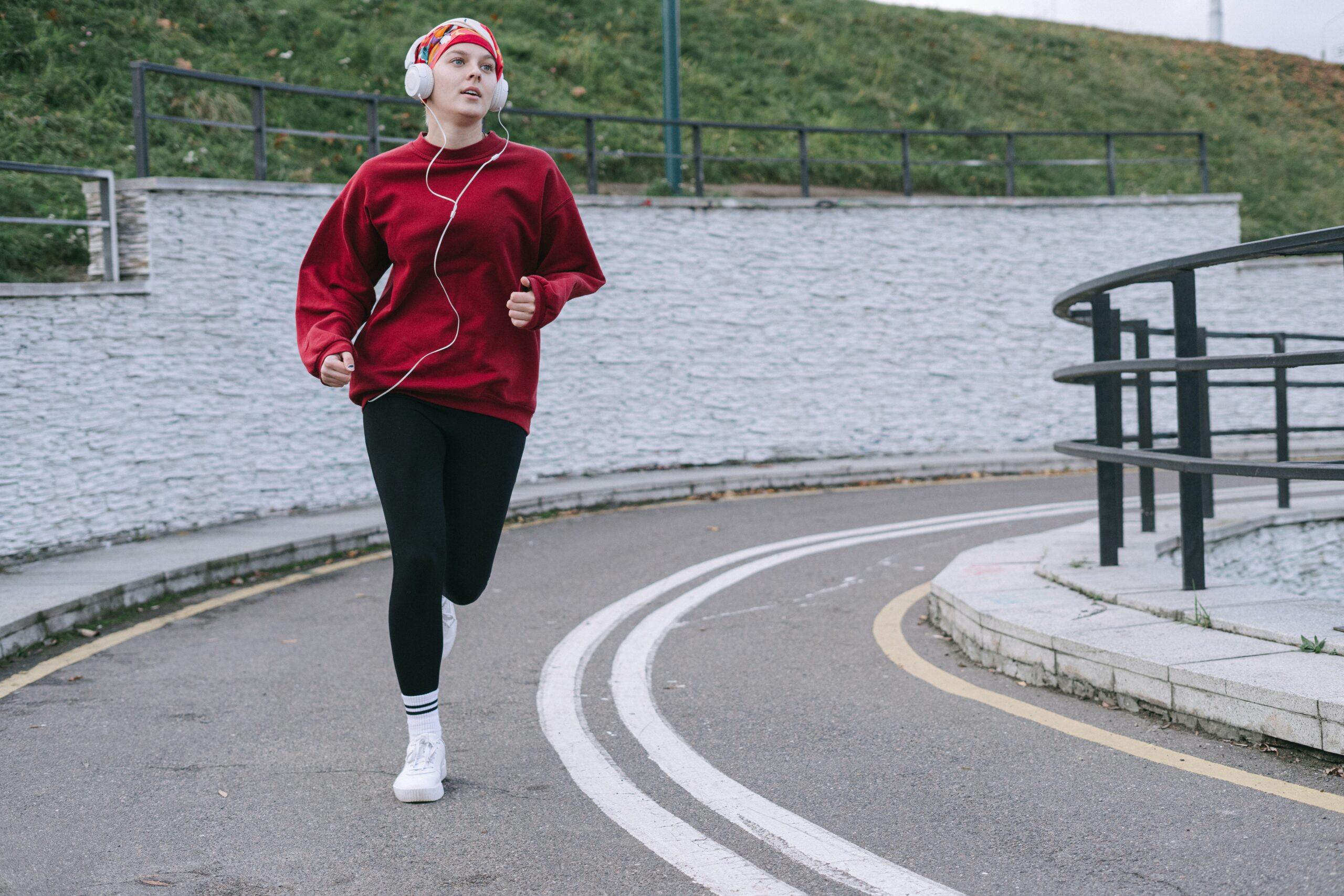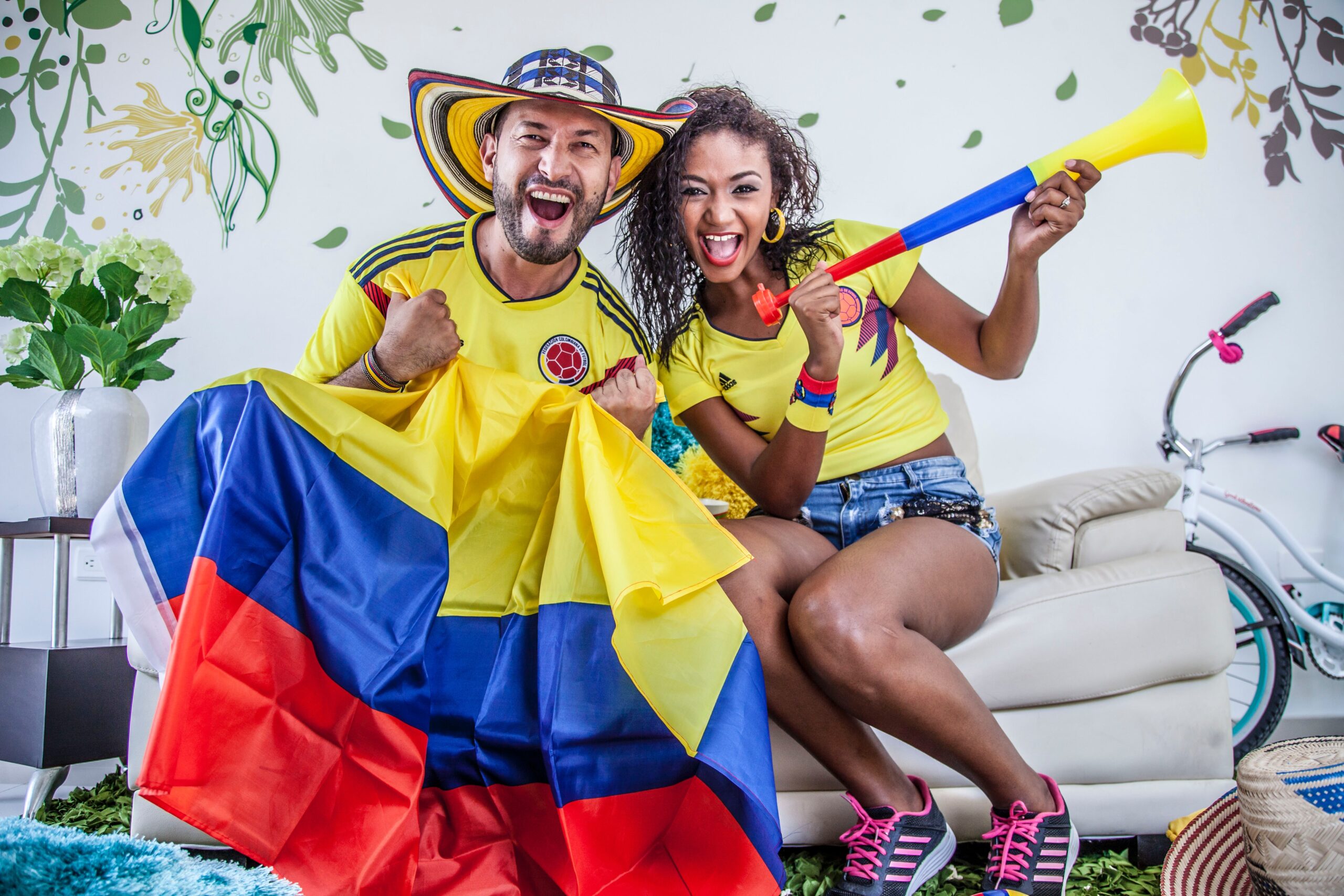
The road to qualifying for the Olympics is a hero’s journey. Quite literally! It takes fierce determination, constant training, discipline, laser focus, and an acknowledgement that family, friends and social life will have to take a backseat for a while. Now add all of that to the plate of an athlete who also happens to be a mom of a young child.
We’ve seen the high profile stories of athletes like Serena Williams, Alyson Felix, and a number of the USWNT team talk openly about how difficult it was to pursue their athletic ambitions as pro athletes, and how there needs to be more support and coverage of mothers in this arena.
For Beach Volleyball Champion Betsi Flint, it is a journey she is embarking on, fully embracing every aspect of who she is along the way, to show the world that women should not have to compartmentalize their lives to be considered a success.
Betsi and her partner Julia Scholes have their sights set on the Paris 2024 Olympics, and are already off to a great start. The pair just won their first AVP Manhattan Beach Open tournament in August, making Betsi a seven-time AVP champion. They became the first team to win the MBO, despite losing their first match.
But they have to maintain a certain level of wins before summer 2024 to qualify for the Olympics, including being ranked in the top 15 worldwide, and among the top 2 in the U.S. Considering the amount of competition in the U.S alone, and the long history of women’s beach volleyball legacy in the States with players such as Kerri Walsh Jennings and Misty May-Treanor, this is no easy feat. Betsi is ready to hit the ground running.
After her big Manhattan Beach Open win, we had the chance to speak with her about her path to Paris, how motherhood has impacted her life as an athlete, and how she wants to empower more young women to know they too can follow their dreams while balancing motherhood.
Where did your love of sports originate, and who were your role models or icons growing up?
My older brother was a big influence on me. I always wanted to be outside playing with him. Even though he is 3 years older and bigger than me, he found ways for us to compete. When we would go play 1 on 1 basketball in our driveway, he would block me if I did a right-handed layup but not my left-handed layup; he wanted me to work on going to my left. I learned persistence and perseverance through a very kind and patient first “coach.”
Growing up in South Dakota and living in Arizona, how did you find your way into beach volleyball specifically?
In South Dakota, everyone plays everything. Hardly anyone specializes in any specific sport. I grew up watching my sister play volleyball, basketball, and dance, and my brother baseball, football, and basketball. When we moved to Arizona, I played sports year-round; volleyball in the fall, basketball in the winter, and softball in the spring. Basketball was my first love, but in 10th grade when I found some success and a good friend group in volleyball, I decided to stop playing other sports.
My best friend, Anna Gott, in Arizona, encouraged me to try beach volleyball when I was in 8th grade since the Arizona Region had leagues in the evenings. In the first few years, I had to learn a lot and won very few games! I continued to play and eventually found some success. I began to enjoy the fact that I had more control over my wins and losses. Since there were only 2 people on the court and no coaches to strategize with, I had room to improve and develop problem-solving skills early on.
As a professional athlete, what does your daily routine look like while you are competing?
I always thought my days were super busy, but I didn’t know what busy truly was until I became a mom! My alarm is typically at 5:45 a.m., and most days my 2.5-year-old daughter is awake before then. I like to wake up early to give myself time to eat a good breakfast and do a mobility warmup. I leave for practice any time between 6:45 and 7:15. Then, I’m on the sand for about 2.5 hours practicing. After practice, I head to the USA Volleyball gym to work with our strength coach to lift and condition for about 1.5 to 2 hours.
Immediately after I’m getting body work done by our athletic trainer (ATC) or massage therapist depending on what my body needs. Then I’m running errands before heading home to be a mom! Once I’m home, at around 1:30-2 p.m., I try to be as present as I can with my daughter. Usually, we are scootering around the neighborhood or at a park. She goes to bed around 8 p.m. I clean the house then use the Normatek boots for leg recovery before heading to bed.

You recently won the Manhattan Beach Open tournament with your partner Julia Scoles, and are a 7x AVP champion! How did it feel to win the MBO this year?
It feels incredible! AVP MBO is the Wimbledon of beach volleyball. I’ve been in the finals for the past 2 years. In 2021, I was 7 months postpartum and had lost to the Tokyo 2021 Olympic Gold Medalists. In 2022 we were up in the third set and lost a heartbreaker. So this year, I had my eyes set on winning. We had some adversity, but ultimately persevered and it paid off! We now have a plaque with our names on it on the Manhattan Beach Pier forever!
You are preparing for the 2024 Paris Olympics. What titles do you need to achieve along the way, and how grueling is the qualification process?
Every title we get gets us closer to our goals, so I’m shooting for all of them! To qualify for the Paris 2024 Olympics, we need to be ranked in the top 15 in the world based on our best 12 international finishes until June 2024. We also have to be among the top 2 in the US. Three of the teams in the top 12 are US teams. Given the high level of competition in the US, it will likely come down to the end.
World Championships, which take place in Mexico from October 6th to 15th, is a big tournament since the points are weighted significantly more than other top tournaments. This is a great opportunity to make moves in the Olympic race. You will see us on the international stage consistently up until June 2024!
Not only are you a beach volleyball champion but you are also a mom! How has motherhood changed, impacted or leveled up your life as a professional athlete?
Motherhood has really impacted me in so many ways. For one, it’s so challenging: 2.5 years of interrupted sleep, the mental and physical load it requires, the emotions around long travel, and the juggle of “childcare” while I’m training and competing. Despite that, it’s helped me level up. It’s changed my “why” and also helps me be a better person both on and off the court.
I get to spend the mornings focused on training which helps me mentally stay more present because I’ve taken care of myself. I will say, on social media and through words it seems like it’s seamless, but I struggle often with motherhood. The emotional development of toddlers is significant. It is a challenge each day and I’m continuing to learn more about both her and I every day.
There has been so much dialog in recent years about the juggle many athlete mothers constantly face, along with discrimination for some. What has the journey been like for you in terms of how you were perceived coming back to the sport after having your daughter?
Coming back into our sport is very challenging due to the high physical demand. For one, our money isn’t guaranteed, we make money based on tournament performance. Fortunately, USA Volleyball made a change a few years before I had my daughter, and they continued to honor my monthly athlete stipend. Internationally, I lost a significant number of points for taking a year off.
As of 2022, they changed the pregnancy policy and women are awarded 100% of our points when returning from pregnancy, which is so helpful! Due to my pregnancy, I also missed out on a contract renewal. Thankfully, I have since been able to connect with many pro-women and family sponsors who see the value of women in sports! Shoutout to my incredible team: Left on Friday, GoMacro, Vea Resort & Spa, &Mother, EdelsonPC, and the Unrivaled Group!
How did your training change after giving birth, and what new things did you learn about your body from this experience?
Training postpartum was a learning experience. For one, the hormones in my body were still regulating which could’ve caused injuries if I had rushed into training. I worked with a pelvic floor physical therapist, which I highly recommend ALL women see, including non-athletes. She helped me learn how to reengage my core and strengthen muscles around the pelvis before clearing me to get on the sand. Patience isn’t my strength, and I needed a lot of it.
Especially in that newborn stage where I was waking up every 3 to 4 hours to breastfeed. I wasn’t sure what my body could handle in the beginning so I really had to pace myself. I learned the importance of a longer warmup to activate and strengthen certain muscles. I am and always have been a huge proponent of properly fueling the body with food. Also, sleep is vital to recovery. This has been one of the hardest adjustments and I’m so lucky to have a supportive husband who does a significant portion of overnight care so I can recover.
What do you want your daughter to know and see when she watches your matches?
I want my daughter to see what determination, strength, resilience, hard work, and respect looks like. She already embodies these characteristics, and I want to help her notice and strengthen these skills to use them to her fullest potential in whatever passion she chooses to pursue.

Why do you think it is important for more athletes to talk about parenthood, especially women who give birth and come back to their sport after?
There are many barriers for female athletes to return to sports – childcare, physical and mental load, and financial support to name a few. It is hard to take care of yourself postpartum. Our society is not one that fully supports new parents. In the majority of cases, women are on their own to care for a newborn and learn how their own body has changed and how to care for it.
As an athlete, in order to perform at the highest level you have to find the time to focus on caring for yourself during both training and recovery. It is so important for current mom athletes to show the realities of what that looks like, including the successes to model that it is possible! Priorities change, bodies shift, and what keeps me going is knowing my example will highly impact other women as well as my daughter when she grows up.
What are your ultimate goals in beach volleyball?
The Paris 2024 Olympic Games. Whether I succeed in the Paris Olympic Games or I don’t qualify, I want to stay focused on my “why” to keep me fulfilled. My “why” is to inspire young women and athletes to thrive in sports and personal life! I also want to inspire my daughter to pursue her passion when she gets the opportunity.
When people hear or read the name Betsi Flint 10 years from now, what do you hope will come to mind? And what is the legacy you hope to create between now and then?
I want “Betsi Flint” to be known as the athlete who persisted, persevered and had more success in her career after becoming a mom. I want to be respected for my game strategy and will to win on the court. Additionally, and equally important, is my belief in kindness and support towards fellow female athletes off the court by highlighting those athletes who continue to pursue their passion after motherhood.
You can follow along with Betsi Flint’s road to the Paris 2024 Olympic on her website, or by following her on Instagram.












